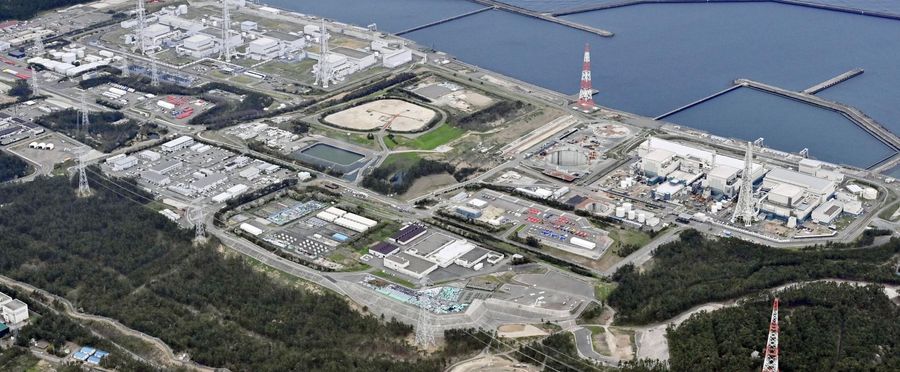The Kashiwazaki-Kariwa Nuclear Power Plant, one the world's largest, is under scrutiny as there are plans in Japan to decommission some of its reactors. This development is a significant move since it reflects a changing attitude towards nuclear energy in post-Fukushima Japan. The decommissioning process will focus on achieving a balance between the need for energy and the safety of the public.
In the wake of the Fukushima disaster, safety is a foremost concern for the Japanese public when nuclear energy is involved. While Japan relies heavily on nuclear power for its energy needs, the memories of Fukushima have sparked debates about the feasibility and safety of nuclear energy. Thus, measures such as decomissioning are watched closely and seen as steps towards a safer future.
In the US and EU, decommissioning nuclear plants is typically associated with environmental concerns and the move towards renewable energy sources. Public opinion in these regions also leans towards safety, with regular debates and discussions taking place on the role of nuclear energy in the future.

